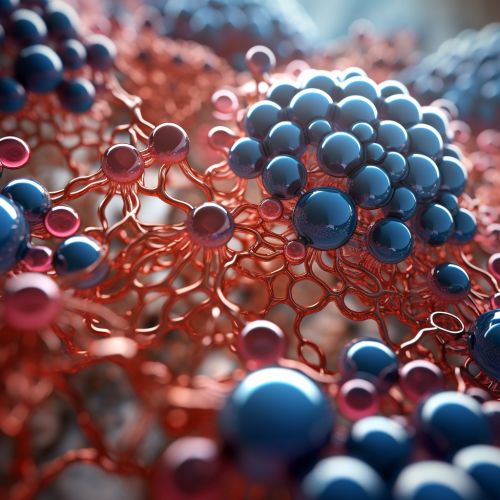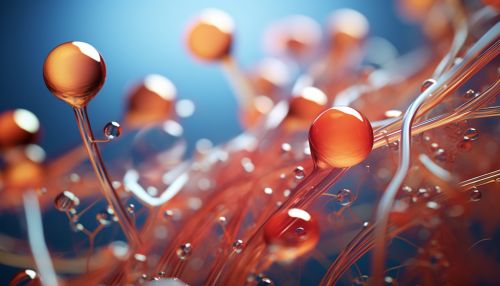Urine Albumin
Introduction
Urine albumin, also known as Albuminuria, is a medical condition characterized by the presence of albumin in the urine. Albumin is a type of protein that is normally found in the blood. Its presence in the urine is often a sign of kidney disease.
Physiology of Albumin
Albumin is the most abundant protein in the plasma and serves many vital functions. It helps to maintain the osmotic balance between the blood vessels and tissues. It also binds to various substances, including hormones, drugs, and fatty acids, and transports them through the bloodstream.


In healthy kidneys, albumin and other proteins are not usually allowed to pass into the urine. The kidneys' filtering units, known as glomeruli, are designed to retain proteins and other large molecules while allowing smaller substances, such as water and waste products, to pass through. If the kidneys are damaged or diseased, they may allow albumin to escape from the blood into the urine.
Causes of Urine Albumin
There are several conditions and factors that can cause albumin to leak into the urine. These include:
- Diabetes: High blood sugar levels can damage the kidneys over time, leading to albuminuria.
- High blood pressure: This can put strain on the kidneys and cause damage.
- Glomerulonephritis: This is a group of diseases that damage the glomeruli.
- Preeclampsia: This is a complication of pregnancy characterized by high blood pressure and damage to organs such as the liver and kidneys.
Diagnosis
The presence of albumin in the urine can be detected through a urine test. There are two main types of urine tests used to detect albuminuria:
- Urine dipstick test: This is a simple test that involves dipping a strip of chemically treated paper into a urine sample. If albumin is present, the strip will change color.
- Urine albumin-to-creatinine ratio (ACR): This test measures the amount of albumin in the urine compared to the amount of creatinine, a waste product. This test is more accurate than the dipstick test and can detect lower levels of albumin.
Treatment
The treatment for urine albumin primarily involves treating the underlying condition that is causing the albuminuria. For example, if diabetes is the cause, treatment will involve managing blood sugar levels. If high blood pressure is the cause, treatment may involve medication to lower blood pressure.
In addition to treating the underlying cause, there are also treatments specifically aimed at reducing the amount of albumin in the urine. These may include:
- Angiotensin-converting enzyme (ACE) inhibitors: These medications can help reduce the amount of albumin in the urine in people with diabetes or high blood pressure.
- Angiotensin II receptor blockers (ARBs): These medications can also help reduce albuminuria.
Prognosis
The prognosis for people with urine albumin depends on the underlying cause and the severity of the albuminuria. In general, the earlier the condition is detected and treated, the better the prognosis. Regular monitoring of urine albumin levels is important for people with conditions that put them at risk of albuminuria, such as diabetes and high blood pressure.
